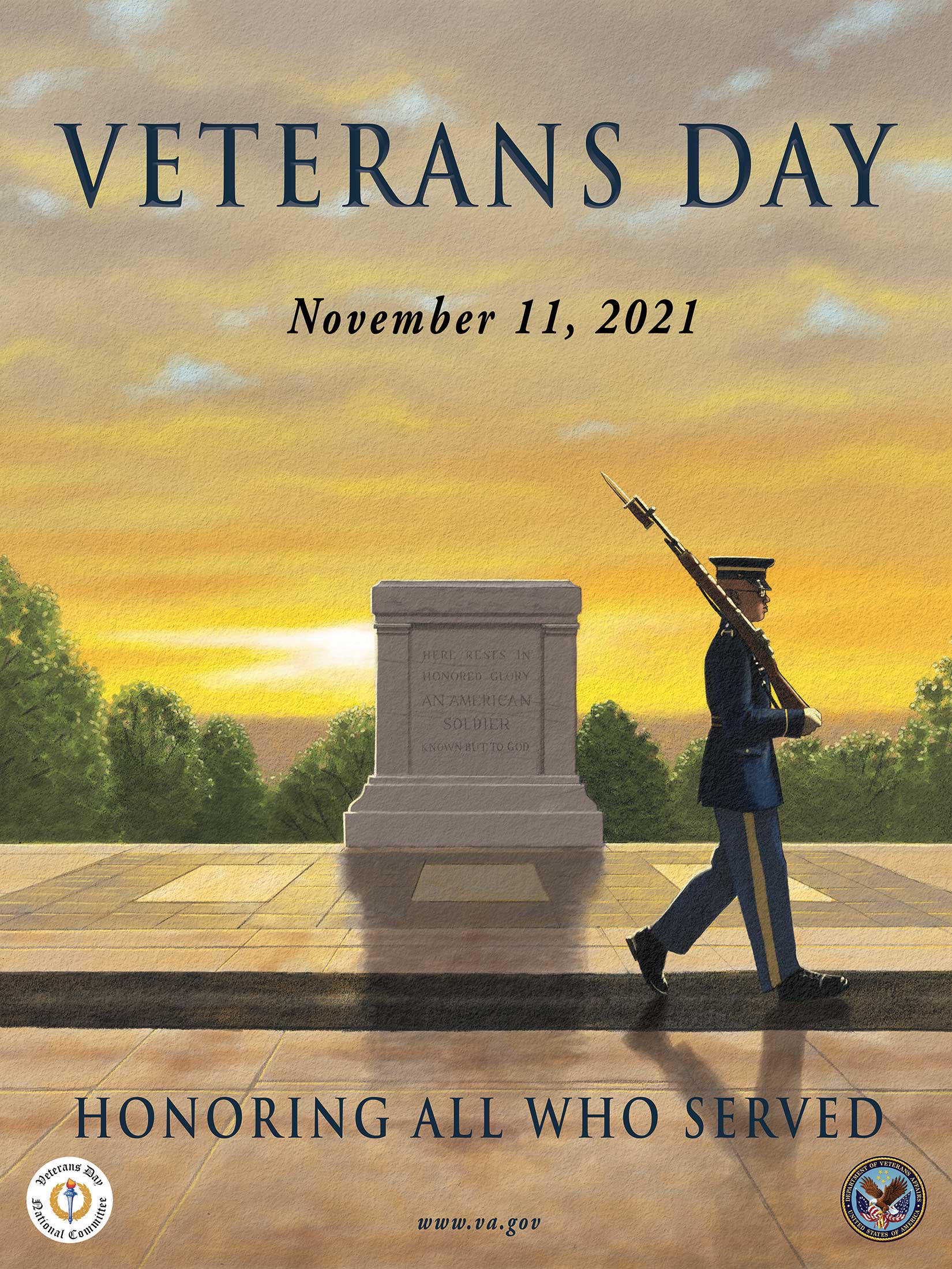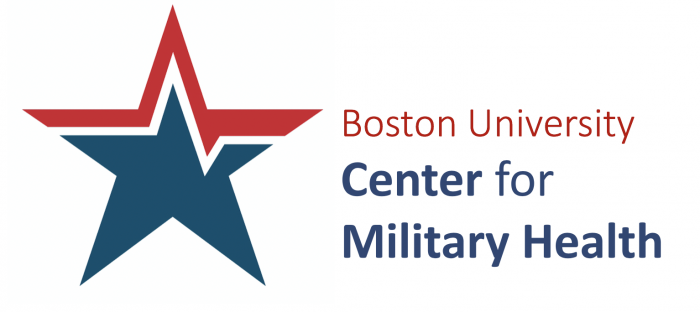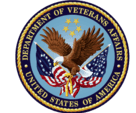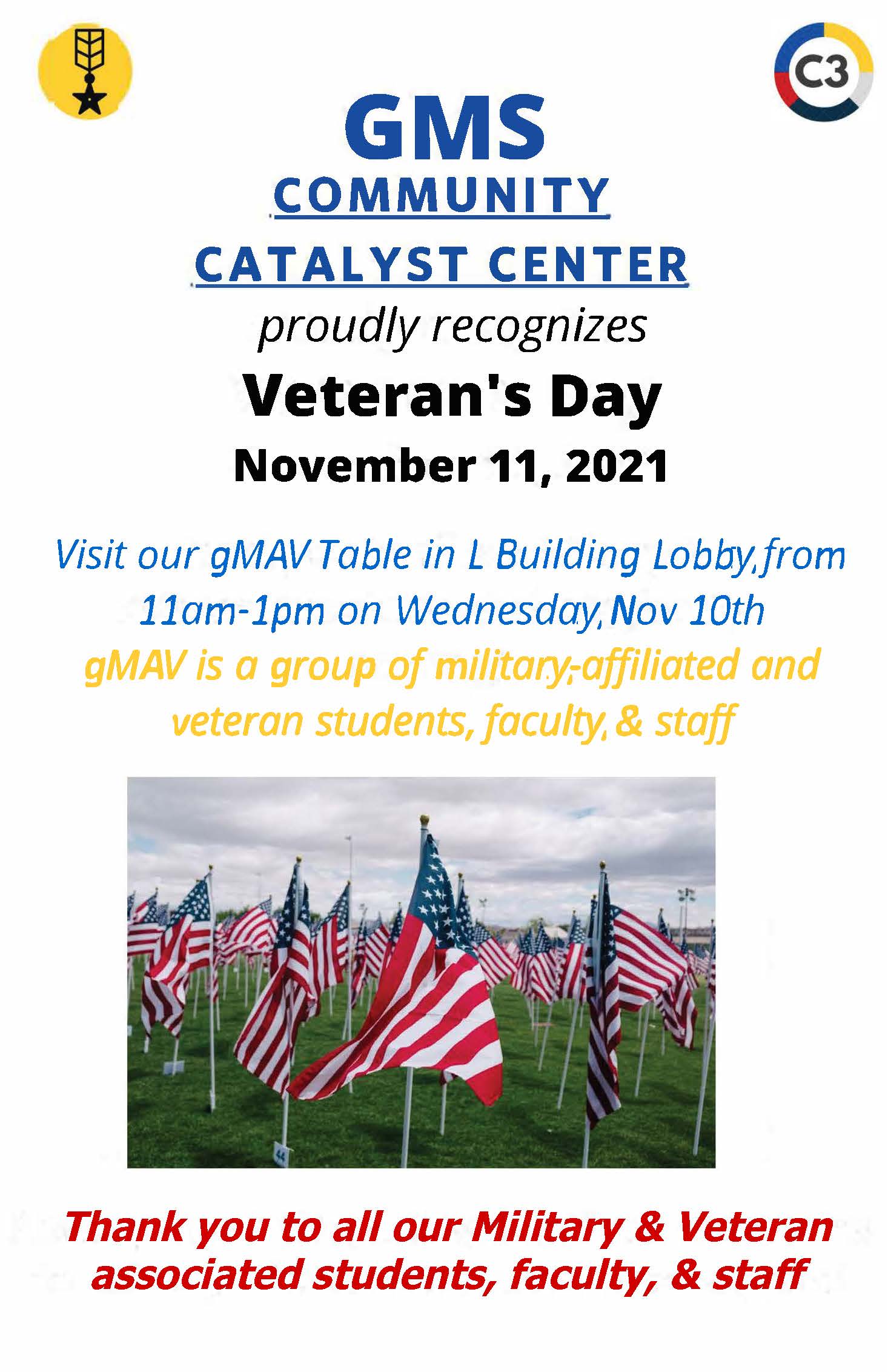BUMC’s Dedication to Military-Affiliated and Veteran Communities

While Veterans Day only comes along once a year, the Boston University Medical Campus is committed to improving the lives of the military and veteran communities every day through cutting-edge research, excellent clinical care and facilitating access to government scholarship support for students returning from or planning to serve in the military.
“Through a combination of onsite programs, training and research including the Boston University Center for Military Health, strong affiliations with three Veterans Affairs medical centers, and specific research and programs within the Schools of Medicine (BUSM), Dental Medicine (GSDM), Public Health (SPH) and Graduate Medical Sciences (GMS), the Campus works to support and improve the lives of service members,” said Karen Antman, MD, provost of the Medical Campus and dean of the School of Medicine.
 Center for Military Health
Center for Military Health
The vision of the Center for Military Health, founded in 2015, is an ambitious one – to make Boston University the hub for military health research in New England. With the expertise of BU scientists in fields of traumatic brain injury, PTSD, trauma, gender issues and more, the Center is dedicated to meeting the varied health needs of U.S. service members.
Research is one of the three main pillars of the Center. “We improve the health of active-duty members and veterans through research and finding better treatments for some of the common problems that affect this community,” said Glenn Markenson, MD, BUSM professor of obstetrics & gynecology and director of the Center for Military Health. “Veterans often struggle with mental health issues like Post-Traumatic Stress Disorder (PTSD) and depression, as well as traumatic brain injuries. Additionally, a subset of chronic conditions, like arthritis or pulmonary issues, can arise from prolonged service in the military.”
The Center serves as a matchmaker between investigators at the Medical Campus schools and research grants supported by the Department of Defense (DoD), and encourages BU researchers to apply for relevant grants and serve as a resource for questions.
As an OB-GYN clinician-scientist, Markenson’s research focuses on issues specific to women serving in the military. He published a review article, finding that military servicewomen have an increased preterm birth risk within six months of their first deployment, and those with three prior deployments face even greater risk. The study encouraged further research to better understand and address these often-overlooked specific health needs.
“We’re hoping to increase our focus in the School of Medicine on women’s research and eventually establish a center to support servicewomen and women veterans,” Markenson said.
The Center is committed to ensuring that future health professionals are well informed to provide excellent care to veterans and military-affiliated patients.
“We feel strongly that BU provides an amazing education and really would serve the military personnel well if veterans were cared for by BU-educated medical, dental and PA students,” Markenson said.
The Center also is working to increase recruitment of medical and dental students who plan to serve in the military. Both groups of military-affiliated students can receive financial support through this Center. Students can use a military scholarship to pay for medical or dental school or a physician assistant program and go on to serve in the military. Veterans who have completed their service can get support to pursue an education outside of the military. In addition to GI Bill grants for undergraduate studies, these veterans can attend either the School of Medicine or Dental Medicine.
Markenson was a recipient of the Health Professions Scholarship Program (HPSP), which covers the cost of attendance to medical or dental school programs for veterans of the Army, Navy and Air Force. “We want to encourage veterans to come here and make it known that we are a very veteran friendly place,” Markenson said.
Finally, the Center supports the veterans who are working and studying on the Medical Campus. The team is developing an outreach program to connect veteran BUSM employees with military-affiliated students and military members to provide mentorship and guidance. For more information, contact Lizette Mendez at the Center.
 Veterans Affairs Centers
Veterans Affairs Centers
Boston University Schools of Medicine and Dental Medicine are affiliated with the VA Boston Healthcare System, (with locations in West Roxbury, Jamaica Plain and Brockton), the Edith Nourse Rogers VA in Bedford, and the Manchester VA in NH.
BUSM and GSDM provide faculty development opportunities for faculty located at our three affiliated VA’s. They also provide education and training opportunities for students, residents and fellows as they pursue training in the delivery of clinical care and the conduct of research.
“Medical and PA students rotate through the VA and learn about the special needs and qualities of veterans, furthering their ability to deliver care to veterans wherever they might see patients,” said Michael Charness, MD, professor of neurology and associate dean for Veteran Affairs at BUSM and chief of staff at VA Boston Healthcare System.
As part of VA’s commitment to training the next generation of health professionals, GSDM’s oral surgery and endodontic faculty and residents, as well as fourth-year dental students provide dental care to the veterans at the VA Boston Healthcare System. “Our students are honored to make a difference in the lives of those who have given so much for our country,” said Michelle Henshaw, DDS, MPH, professor of health policy and health services research, and associate dean for global and population health at GSDM.
BUMC and the VA collaborate on world-class research programs, such as the BU Alzheimer’s Disease Research Center, National Center for PTSD, the VA Normative Aging Study, VA Dental Longitudinal Study and the Million Veteran Program, the world’s largest genomic biorepository.
“Working at the VA has been a privilege and honor,” Charness said. “We are serving those who have sacrificed to defend this country.” He added that their patient population comprises veterans with modest financial resources and many who have suffered disabilities. In this way, VA Boston functions similarly to BMC as a safety net hospital.
Charness noted that the VA is exemplary in responding directly to the unique health needs of veterans. Cochlear implants for hearing loss, cardiac pacemakers for cardiac diseases and the first shingles vaccine all were major contributions of VA Research. The National Center for PTSD was the first national initiative to address this disabling psychiatric condition, and the Center continues to lead the world in developing novel ways to evaluate and treat people with PTSD. The Women’s Division of the National Center for PTSD, located at VA Boston, is world-renowned for its unique focus on the psychological problems experienced by women veterans.
“We are deeply proud of the achievements of our Boston University faculty who’ve made significant contributions to the understanding, evaluation and treatment of PTSD over the past 32 years since the National Center for PTSD was funded,” said Terence M. Keane, PhD, BUSM professor of psychiatry and assistant dean of research, who has directed the Center since its inception. “No other University in the world has surpassed the contributions to solving the problems of psychological trauma and its related conditions.”
GSDM faculty, including Dr. Marianne Jurasic, Dr. Judith Jones and Ms. Carolyn Wehler have been members of the VA’s Oral Health Quality Group since its inception in 2008. This group, as part of VHA’s Office of Dentistry, has assisted with policy decisions that have improved the oral health of veterans attending VA dental service clinics across the nation. One initiative includes the provision of in-office applied fluoride to high-risk veterans and is guided by a process of care measures.
School of Medicine
A small number of first-year BUSM medical students rotate through the VA as they learn the core skills of being a doctor, including how to interview and interact with patients in an appropriate way. Many more rotate through the VA for their more intense third- and fourth-year core clinical training. “Our clinical affiliations with the VA are a terrific strength,” said Elizabeth Yellen, MD, BUSM assistant professor of pediatrics and assistant dean for affiliated sites. “It’s a really nice bidirectional relationship.”
The Other Side of the Bed Program is available to students after their first year of medical school. Accepted students are hired as health technicians at the VA Boston Healthcare System, undergo intensive training and complete a two-month service while attending weekly lectures on topics including patient safety and physician-nurse collaboration. The program also provides a valuable opportunity for students to get to know their patients beyond medical diagnoses.
Yellen notes that the VA is BUSM’s biggest partner when it comes to providing clinical education. Students focus on internal medicine, surgery, neurology and psychiatry at VA Boston, ambulatory medicine, psychiatry and neurology at the Manchester VA, and psychiatry and ambulatory medicine in their fourth year at the Bedford VA.
“One strength of the VA that I see, and that students really appreciate, is the incredible sense of mission,” she said. “There’s this real sense that we as a society are committed to take care of this special group of people who have sacrificed tremendously on our behalf.”
 In addition to its clinical partnership with the VA, BUSM supports community members affiliated with the military through organizations such as the Women Veterans Network (WoVeN). This national network provides peer support by and for women veterans. Structured as an eight-week program, peer leaders coordinate weekly groups of six to eight women veterans. Topics cover the unique needs of women veterans, including life transitions, balance, stress and more.
In addition to its clinical partnership with the VA, BUSM supports community members affiliated with the military through organizations such as the Women Veterans Network (WoVeN). This national network provides peer support by and for women veterans. Structured as an eight-week program, peer leaders coordinate weekly groups of six to eight women veterans. Topics cover the unique needs of women veterans, including life transitions, balance, stress and more.
Graduate Medical Sciences
In August 2021, Graduate Medical Sciences launched the Community Catalyst Center, or C3, to promote a sense of belonging across the diverse student population. The center comprises various affinity groups, including gMAV, which focuses on military-affiliated and veteran students. By providing resources, events and workshops, the group hopes to bring together GMS staff, faculty and students with a military background. 
“We saw a need for community building in this area, and we were not aware of many support groups for veterans in higher education,” said Hannah Andry, MEd, administrative assistant for GMS.
Andry is an Air Force veteran, first class airman and trained as an aerospace medic. She was also one of the first female-identifying enlisted trainees to cross-train for special operations candidacy.
“Seeking support and community isn’t something at the forefront of military culture, and asking for help when you’re out of the military can be hard,” Andry said.
The gMAV group is working to increase awareness by being more visible within the Medical C ampus community. From setting up an information table in the instructional building lobby on Veteran’s Day to hosting community chats, Andry noted that the goal is to be proactive about meeting the needs of veterans and military-affiliated students.
“We want to lead with curiosity and be proactive allies for this group,” she said. gMAV has three support members representing GMS staff and faculty, as well as two student mentors.
School of Dental Medicine
Joseph Calabrese, DMD, associate dean of students at GSDM, feels that oral health and overall health are inextricably linked.
“If you’re going to send people into combat to serve our country, then you must insure they’re healthy by having trained, qualified clinicians, both physicians and dentists, ready to treat their needs,” he said. “We have to do everything we can to support them.”
In his role as associate dean, Calabrese works to ensure students and residents are aware of scholarship opportunities provided by the military. In September Calabrese received an award from the U.S. Army recognizing his support and dedication to the Office of the Army Surgeon General and Boston Medical Recruiting Company. Earlier this month Calabrese received the 2021 Soaring Eagle Award from the BU Center for Military Health, presented annually to an individual who has made significant contributions to the health of United States veterans and active-duty military members through innovation and advances in clinical care, research and education or public advocacy.
In 2021, GSDM established the Uniformed Services Student Dental Association (USSDA), which provides community for students and residents participating in the Health Professions Scholarship Program, the Health Services Collegiate Program and others interested in a career in military dentistry.
The USSDA’s mission is to improve the experience of military scholarship students by helping prepare future military dentists in areas such as navigating chain of command, selection of active duty training locations, applying for military residency programs, maintaining physical fitness, and engaging in community service projects that support veterans, active duty military, and their families.
Kathy Lituri, GSDM’s oral health promotion director noted that since its inception the USSDA has participated in community service activities including Toys for Tots, Greater Boston Stand Down and the Disabled American Veterans (DAV) 5K Boston
The DAV 5K is a run, walk, roll and ride that thanks those who have served and raises awareness of the issues our ill and injured veterans face daily. For more than a decade, GSDM has offered oral screenings, denture cleaning, and denture labeling, dental referrals at Greater Boston Stand Down, a daylong event where VA staff, volunteers and service providers give food, clothing and health screenings to homeless and at-risk veterans.
In addition to the many community service activities students, residents and faculty participate in clinical activities at Veteran’s Affairs medical centers.
School of Public Health
Researchers at BUSPH conduct an array of research on issues pertaining to veteran health, including the longstanding Gulf War Veteran Study, the PEPREC study, and the Ohio Army National Guard Mental Health longitudinal study.
Kimberly Sullivan, PhD, research associate professor of environmental health, is the principal investigator on a large, multi-site Gulf War Illness (GWI) Consortium study that was designed to determine the pathobiology of GWI.
SPH research teams found that exposure to pesticides and ingestion of pyridostigmine bromide (PB)—prophylactic pills intended to protect troops against the effects of possible nerve gas—are associated with GWI and neurologic dysfunction in Gulf War veterans. Research into GWI could benefit other occupational groups, such as farmers and insecticide applicators, who have similar exposures.
In addition, there is VetChange, a free, online, self-directed resource for veterans experiencing alcohol and PTSD problems. The program was developed in 2011 through a continuing partnership between the Boston VA Healthcare System, National Center for PTSD, BUSPH, and BUSM, with support from National Institute on Alcohol Abuse and Alcoholism, Bristol Myers Squibb Foundation, the VA and Google. A randomized clinical trial of the program helped veterans returning from combat areas significantly reduce both their alcohol consumption and PTSD symptoms. The Boston VA VetChange team is currently working to integrate VetChange into addiction treatment programs inside the VA.
If you are a veteran or military-affiliated member on the Medical Campus, and would like to join the Center for Military Health’s database, please contact Lizette Mendez.
View all posts